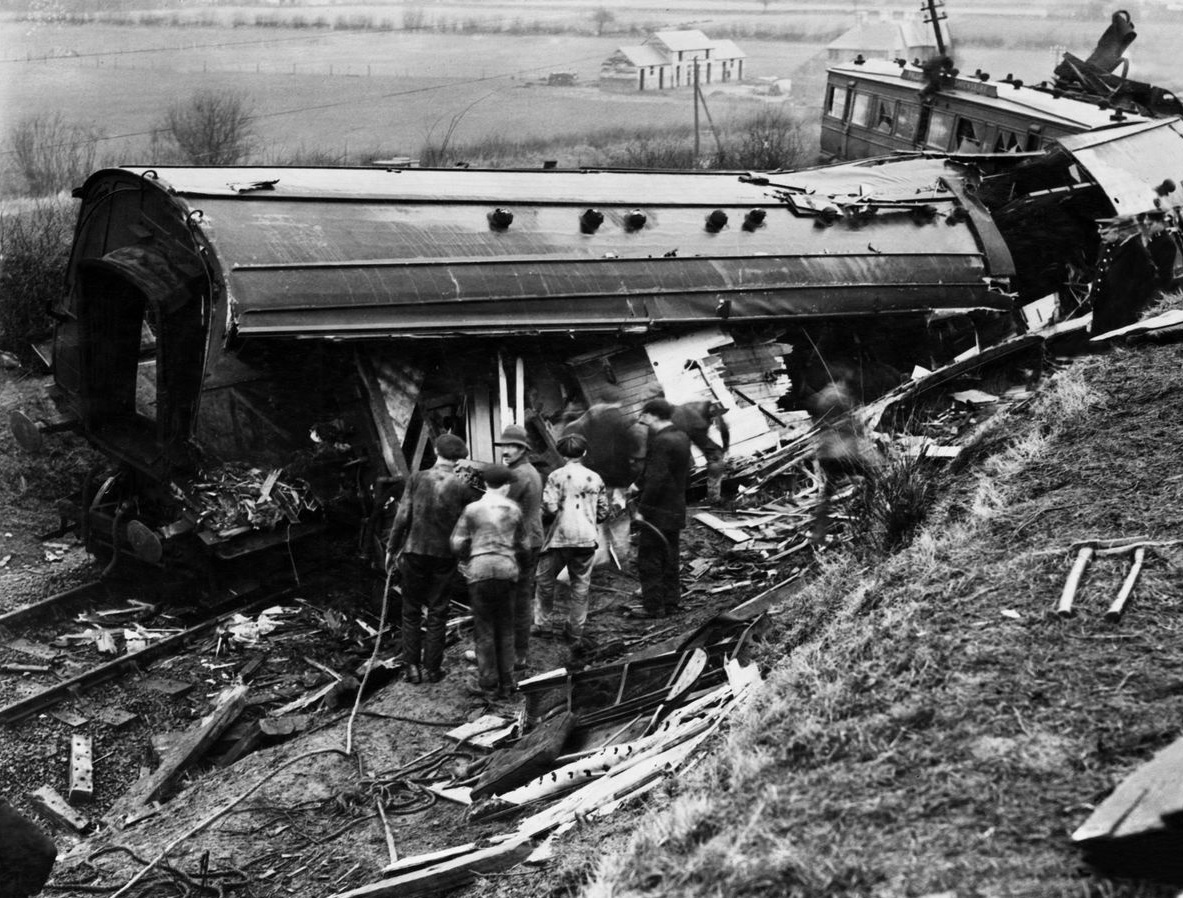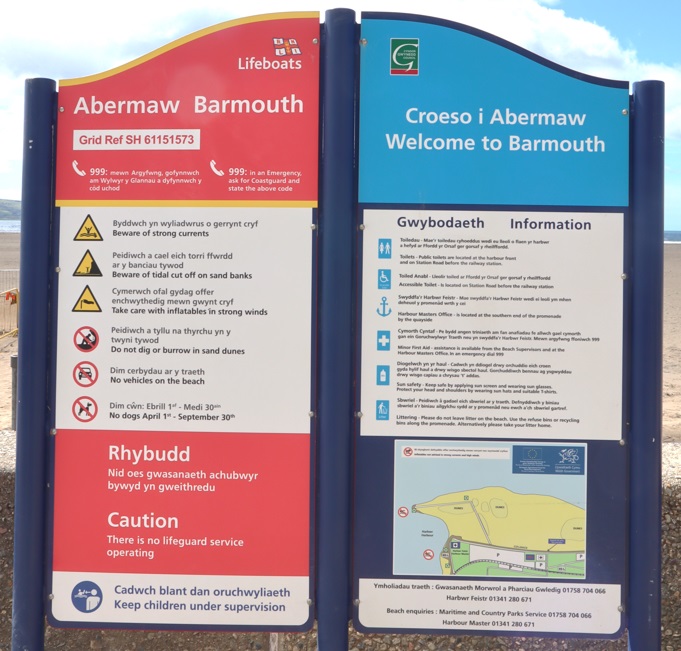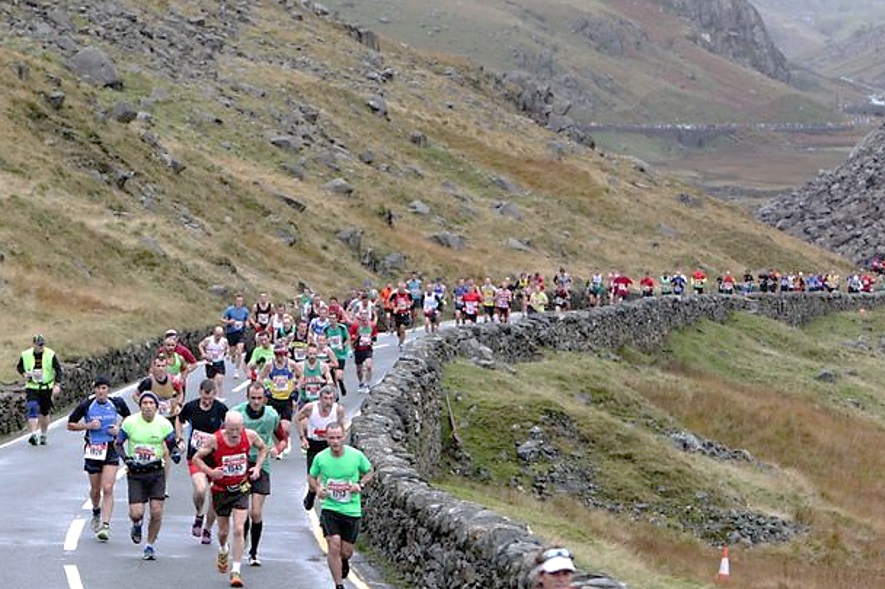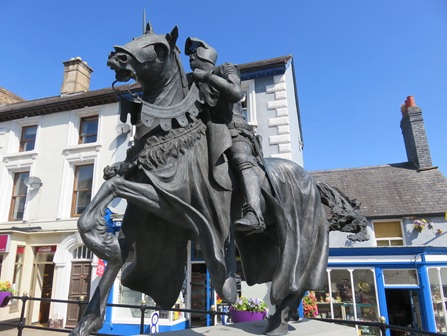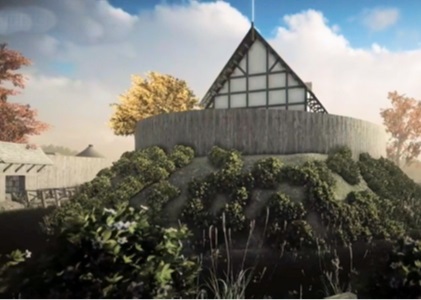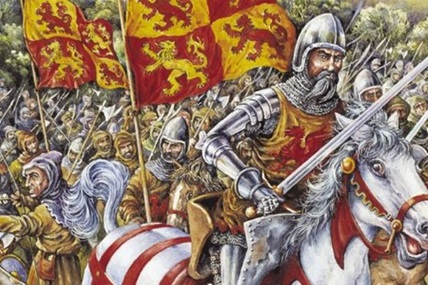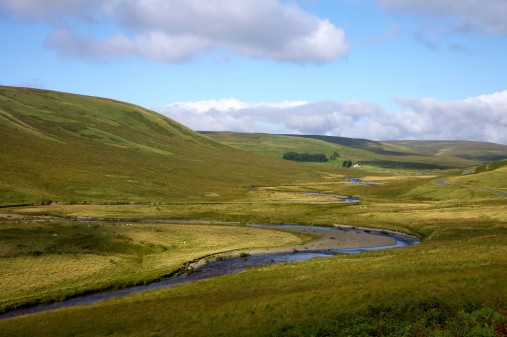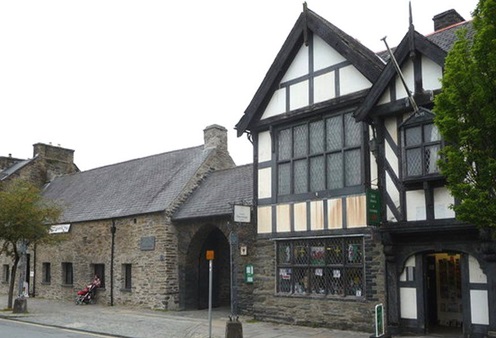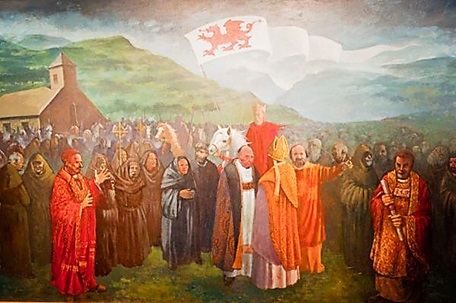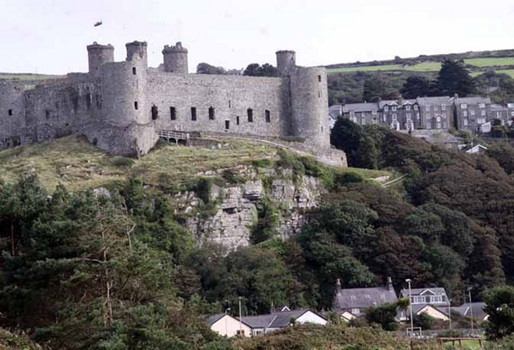Abermule Train Disaster
The worst railway disaster in Britain on a single track railway occurred near Abermule in Mid-Wales in January 1921.
Two trains collided head-on and 17 people were killed, including the driver and fireman of one of the engines.
An investigation following the accident showed that it happened because of confusion and misunderstanding by Abermule station staff.
At that time the single track railway across Wales was divided into a series of sections between stations, with only one train allowed in each section.
Trains travelling in different directions could pass each other at the stations.
The system was controlled by having one metal token for each section, marked with the name of the section.
On the day of the disaster, two trains were approaching Abermule station from different directions.
A train was travelling from Aberystwyth in the west, and a train was coming from Shrewsbury in the east.
The train from Shrewsbury arrived at Abermule station, where it should wait for the Aberystwyth train to arrive and pass.
A clerk from the booking office was on the platform and took the line token from the driver of the train from Shrewsbury.
He happened to meet the station master on the platform, and gave the line token to him.
The station master was confused, thought that this was the new token to allow the train to leave and gave the token back to the engine driver.
The driver failed to check that it was the correct token for the section of line that he was about to enter.
The station staff only realised their mistake after the train from Shrewsbury had left.
The two trains were travelling at speed and there was no time to brake before a collision occurred.
As a result of this accident, railway rules were made much stricter to avoid any possibility of this happening again.
Only a signalman, who was aware of the locations and movements of trains, would be allowed to give a line token to an engine driver.
Translate the sentence:
The worst railway disaster in Britain on a single track railway occurred near Abermule in Mid-Wales in January 1921.
Suggested translation: (a number of alternatives acceptable)
